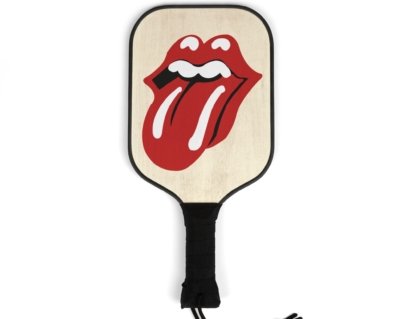Live Jam Presents Elvis Presley Live New years Eve 1976 on Friday Night Lights Tonight — 9PM EST
Live from The Vault Top 50 Live Albums of All Time by Variety Magazine #6 The Band, ‘Rock of Ages’ (1971)
Parker McCollum’s Jazzy Take on “Santa Claus Is Comin’ to Town” at 2025 CMA Country Christmas: A Full-Circle Moment at Live Jam
Live Jam’s Live from The Vault features the Top 50 Live Albums of All Time by Variety Magazine #7 Allman Brothers Band, ‘At Fillmore East’ (1971)
Friday Night Lights Tonight on Live Jam is Kings of Leon Live at the O2 Arena, London
Rare Led Zeppelin Earl’s Court Banner Finds a New Home as 50th Anniversary Celebrations Continue
Live From The Vault’s Variety Magazine Top 50 Live Albums Countdown #8 is Duke Ellington’s ‘Ellington at Newport’ (1956) on Live Jam Tonight
Friday Night Lights Throwback Night on Live Jam featuring the Michael Jackson History World Tour, Live in Munich 1997
Loading …
/ Live Country Radio
Live Country Radio
Live Jam
Step right up, country music aficionados, and get ready for a one-of-a-kind experience that will have you tapping your boots and singing along all night long! Introducing the Live Country Radio Show, a five-hour extravaganza…
Mon, 12 Jan, 09:00 PM – 02:00 AM
/ Don Plays Live Zappa
Don Plays Live Zappa
Live Jam
Tune in every Tuesday at 10 PM for an extraordinary journey through the musical universe of Frank Zappa on “Don Plays Live Zappa” radio show. Hosted by DJ Don Edwards, a passionate aficionado of Zappa’s…
Tue, 13 Jan, 10:00 PM – 02:00 AM
/ Get the Led Out Live
Get the Led Out Live
Live Jam
Prepare to immerse yourself in the electrifying world of Led Zeppelin with “Get the Led Out Live,” airing every Wednesday night at 10 PM. For three straight hours, listeners are treated to the raw power…
Wed, 14 Jan, 10:00 PM – 02:00 AM
/ Friday Night Lights
Friday Night Lights
Live Jam
New Music Fridays Presents a New Live Release Every Friday Night! A very special Live Release played in its entirety every Friday Night beginning at 9PM EST!
Fri, 16 Jan, 09:00 PM – 11:45 PM
/ Live From The Vault
Live From The Vault
Live Jam
A Tribute to the Greatest Live Albums of All Time. Live From The Vault Radio Show – Your Saturday Night Soundtrack Continues This Week on Live Jam With the Top 50 Live Albums of All Time…
Sat, 17 Jan, 09:00 PM – 11:30 PM
/ Live Country Radio
Live Country Radio
Live Jam
Step right up, country music aficionados, and get ready for a one-of-a-kind experience that will have you tapping your boots and singing along all night long! Introducing the Live Country Radio Show, a five-hour extravaganza…
Mon, 19 Jan, 09:00 PM – 02:00 AM
/ Don Plays Live Zappa
Don Plays Live Zappa
Live Jam
Tune in every Tuesday at 10 PM for an extraordinary journey through the musical universe of Frank Zappa on “Don Plays Live Zappa” radio show. Hosted by DJ Don Edwards, a passionate aficionado of Zappa’s…
Tue, 20 Jan, 10:00 PM – 02:00 AM
/ Get the Led Out Live
Get the Led Out Live
Live Jam
Prepare to immerse yourself in the electrifying world of Led Zeppelin with “Get the Led Out Live,” airing every Wednesday night at 10 PM. For three straight hours, listeners are treated to the raw power…
Wed, 21 Jan, 10:00 PM – 02:00 AM
/ Friday Night Lights
Friday Night Lights
Live Jam
New Music Fridays Presents a New Live Release Every Friday Night! A very special Live Release played in its entirety every Friday Night beginning at 9PM EST!
Fri, 23 Jan, 09:00 PM – 11:45 PM
/ Live From The Vault
Live From The Vault
Live Jam
A Tribute to the Greatest Live Albums of All Time. Live From The Vault Radio Show – Your Saturday Night Soundtrack Continues This Week on Live Jam With the Top 50 Live Albums of All Time…
Sat, 24 Jan, 09:00 PM – 11:30 PM














































